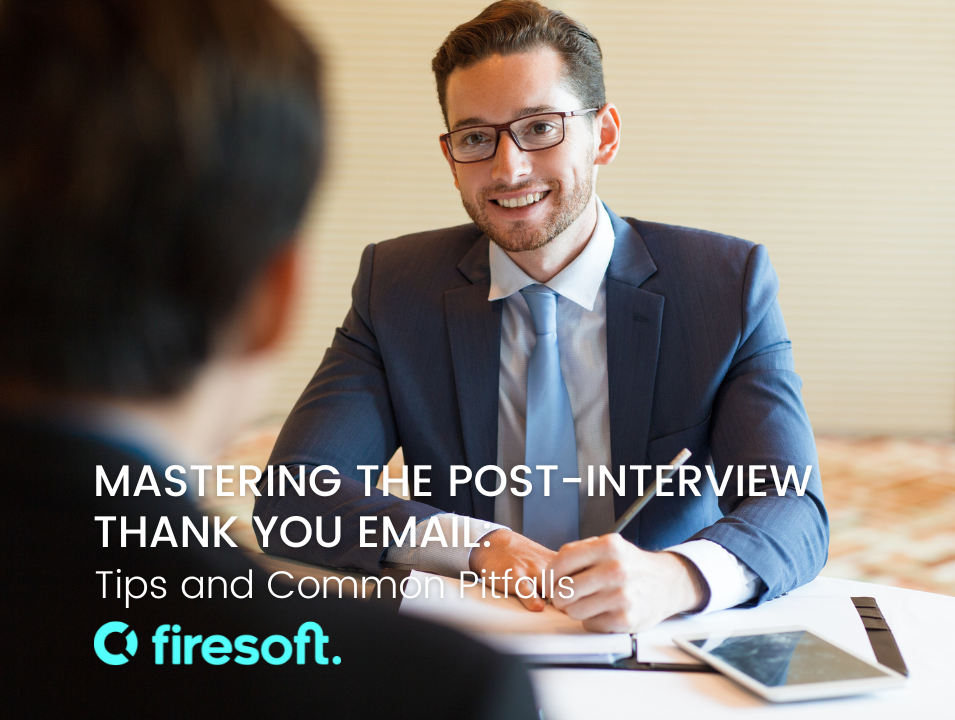Mastering the Post-Interview Thank You Email:Tips and Common Pitfalls

Address the email properly: Send a short, sincere email to each person who interviewed you, spelling their names correctly.
Show gratitude: Thank them for their time and consideration.
Highlight key points: Mention something specific from your conversation to make the note memorable.
Express interest: Reiterate your enthusiasm for the job.
Offer assistance: Indicate your willingness to answer any further questions.
What to avoid:
Too much detail: Keep it concise and avoid rehashing the interview.
Requests: Don’t ask for additional favors or create extra work for the interviewer.
Typos: Proofread your email to ensure it's error-free.
Why send a thank you note?
Positive connection: Leaves a good impression.
Stand out: Few candidates send thank you notes, making you more memorable.
Professionalism: Demonstrates your follow-up skills and appreciation.
Confirm interest: Reinforces your enthusiasm for the role.
Other suggested reads for you


Looking for a new role? Register for Job Alerts Here!
FIRESOFT People was born out of the need to deliver a refreshing approach to recruitment and consulting services
Sign up to receive our newsletter
Contact Us
We will get back to you as soon as possible.
Please try again later.
Services
Resources
Contact Us
New Business and General Enquiries:
SYDNEY
MELBOURNE
In the spirit of reconciliation the Firesoft acknowledges the Traditional Custodians of country throughout Australia and their connections to land, sea and community. We pay our respect to their Elders past and present and extend that respect to all Aboriginal and Torres Strait Islander peoples today.
Privacy Policy | © FIRESOFT PEOPLE 2023 | Powered with 🤍 by Shazamme
